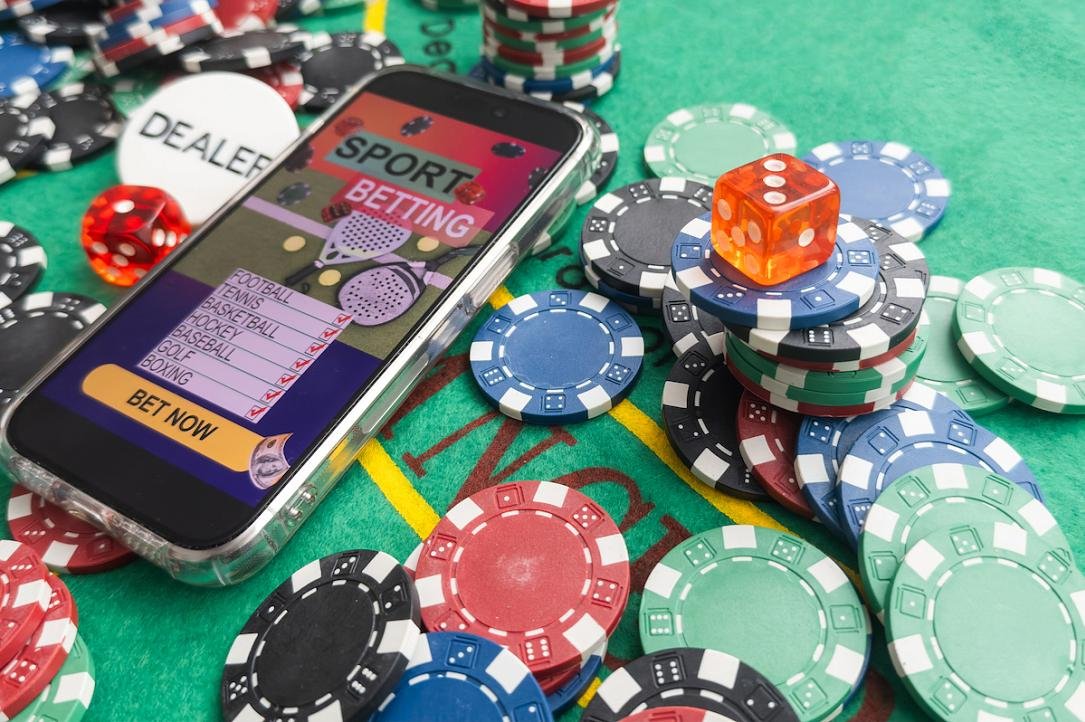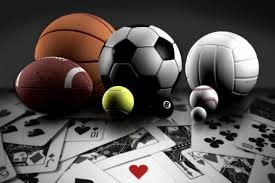
Ultimate Guide: How to improve your poker
If you’re looking to elevate your poker game, you’ve come to the right place. Skill improvement in poker doesn’t happen overnight, but with dedication and the right strategies, you can substantially enhance your abilities. Whether you are a novice player looking to understand the basics or a seasoned player aiming to refine your tactics, this comprehensive guide will help you take your game to the next level. One important resource you can check out for more practice and gaming strategies is How to improve your poker Krikya casino.
Understand the Basics of Poker
Before diving into advanced strategies, it’s crucial to solidify your understanding of poker fundamentals. Familiarize yourself with the various poker hands and how they rank, including Straight, Flush, Full House, and Royal Flush. Knowing the rules of different variants of poker—such as Texas Hold’em, Omaha, and Seven Card Stud—is essential as well. Each variant has its unique strategies and nuances.
Practice, Practice, Practice
Improvement in poker largely comes from consistent practice. Take advantage of online platforms that offer free or low-stakes games to hone your skills without the risk of losing significant amounts of money. Playing regularly will help you identify patterns, develop strategies and enhance your ability to read other players.

Manage Your Bankroll Wisely
Effective bankroll management is a skill that often separates successful players from amateurs. Set a budget for your poker activities and stick to it. Determine the stakes that align with your bankroll and avoid playing beyond your means. This discipline allows you to stay in the game longer and gives you the psychological leeway to make better decisions without the stress of financial pressure.
Learn from the Pros
One of the best ways to improve is by studying professional players. Watch live games, streams on platforms like Twitch, or recorded sessions on YouTube. Analyze their strategies, decision-making processes, and betting patterns. Often, the insights gained from observing experienced players can provide you with a fresh perspective on your gameplay.
Study Poker Mathematics
Mathematics plays a crucial role in poker. Understanding odds, pot odds, and implied probabilities can significantly influence your decision-making process. Familiarize yourself with concepts such as expected value and the mathematics of betting to make informed choices during gameplay. The more comfortable you become with these mathematical concepts, the easier it will be to calculate the right move in high-stakes situations.
Focus on Position
Your position at the table can dramatically affect your strategy. Recognizing the significance of your table position will help you understand when to play aggressively or conservatively. Generally, players who act later in a round have more information on how their opponents play, placing them in a more advantageous position to make decisions.
Work on Your Mental Game

Poker is as much a mental game as it is a strategic one. Maintaining a positive mindset and handling pressure effectively can greatly influence your performance. Recognize the importance of emotional control and avoid tilt—playing recklessly due to frustration or anger. Techniques such as mindfulness and visualization can help strengthen your mental game.
Review Your Play
After each session, take the time to review your play. Analyze your decisions, mistakes, and successful strategies. Many online tools can assist in analyzing hand histories, enabling you to learn from errors and avoid repeating them. Understanding what works for you and what doesn’t is key to continual improvement.
Join a Community
Becoming a part of a poker community can provide you with invaluable networking opportunities and chances to learn. Join forums, participate in discussions, and engage with others to share strategies and experiences. Many players also join study groups, where they analyze hands together and offer constructive feedback.
Keep Learning
Finally, never stop learning. The world of poker is vast and constantly evolving. Books, online courses, and seminars can be great resources for expanding your knowledge. Find learning materials that resonate with your playing style and continue to work on your skills. The more adaptable you are, the better you’ll be in overcoming new challenges in the game.
Conclusion
In conclusion, improving your poker game is a multifaceted process that involves studying, practicing, and reflecting on your gameplay. By mastering the fundamentals, embracing effective strategies, managing your bankroll wisely, and consistently reviewing your play, you’ll be poised to see significant improvement in your poker skills. Remember, poker is not just about playing cards—it’s a game of skill, strategy, and psychology. With diligence and the right approach, you will surely enhance your poker prowess over time.
